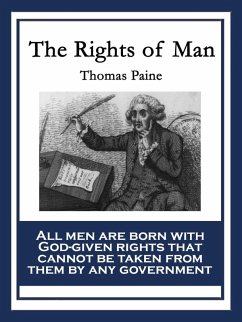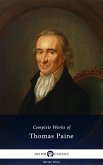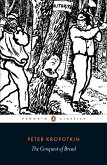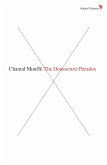In The Rights of Man, Thomas Paine defends the representational form of government. He posits that all men are born with God-given rights that cannot be taken from them by any government. Paine's position on inalienable rights played a major role in the Bill of Rights being included in the Constitution. This seminal work is as pertinent today as when it was first written.
Dieser Download kann aus rechtlichen Gründen nur mit Rechnungsadresse in A, D ausgeliefert werden.









